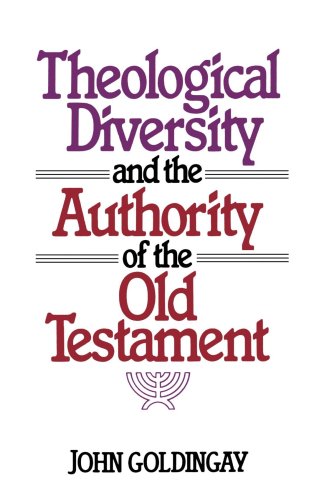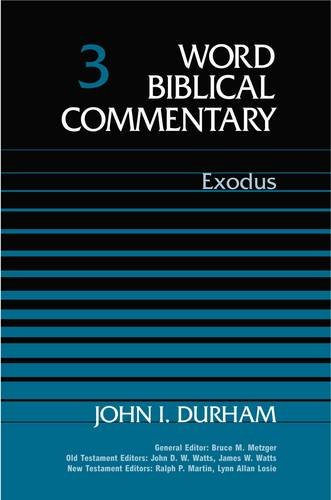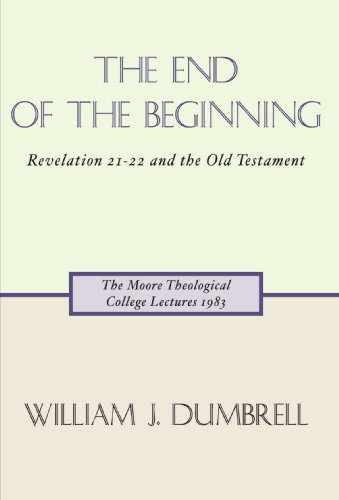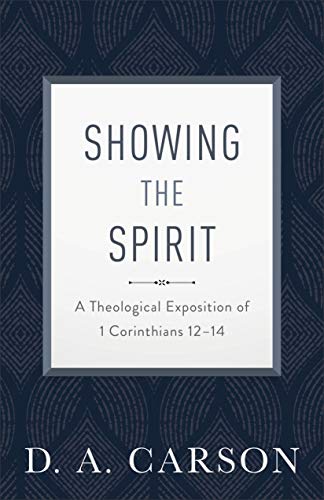Volume 15 - Issue 2
Theology with a mission
By Christopher J.H. WrightThink of a doctrine. Double it with variant interpretations. Divide by denominational distinctives. Add some technical jargon. Subtract any practical relevance. Finally take away the doctrine you first thought of, and what are you left with? Probably the sum of the average theological student’s awareness of the relation between his theological study and the mission of the church. He is hardly to be blamed for this, since western theology at least has been carried on for centuries with little or no direct relation to it.
It was not always thus. In the early centuries of the church the cutting edge of theology was defined by the church’s mission. How was the gospel to be lived and witnessed to in hostile and religiously plural environments? How was the nature and work of Jesus to be defined and defended in changing social and intellectual contexts? The controversies and definitions that emerged from this were not the academic and irrelevant theology of popular misconception but the intellectual cutting edge of the church’s struggle for identity, survival and growth—i.e. its mission.
The New Testament itself is essentially a theology of mission. Why else are its first four volumes called ‘Gospels’? It emerged as the community of Jesus staked their claim, and were compelled to defend it, that he was the Messiah, and therefore the fulfilment of God’s mission in and through Israel. Was such a claim, and the mission that it had launched, compatible with the Scriptures? It was the success of the Gentile mission, with the theological problem of whether and on what terms Gentiles could be fitted into the hitherto Jewish people of God, which generated some of the most profound theological controversy and argumentation in the church itself and the documents of the New Testament. The missiological debate touched the doctrine of God and his purpose for Israel and the nations, Christology, the meaning of salvation and justification, the status for Christians of the Mosaic covenant and its law, eschatology and the significance of the present age.
In medieval Christianized Europe theology turned in upon itself, while in the period of the Reformation and after, it was devoted largely to reflecting and encoding the convictions that emerged in the convulsions of the church. With some notable exceptions, such as the Moravians, no theology of mission was needed because no mission was happening in the Protestant world—a fact commented upon by the Counter Reformation (whose missionary endeavours preceded Protestant missions by two centuries) as a reason why the Protestant churches could not be counted as part of the true church: they had no mission.
Now that Protestant missions have been going for a couple of centuries, is our theology any better? The lack of integration between the two is still disturbing. Recalling my own student days, it was certainly not the case that those who studied theology were the ones who were most interested in mission, personally let alone academically. ‘Missiology’ was not even a word I remember hearing until long after my undergraduate theological studies. A recent report by the British Religious and Theological Studies Fellowship indicates that, in a questionnaire concerning where students thought RTSF should be developing its resources, only 5% ticked ‘Missionary Awareness’. So little is mission on the agenda of theological students or teachers, that at a recent gathering of scholars, historians, and practitioners of mission convened to establish a British Association of Mission Studies it was argued, not wholly in jest, that the aims of such a group should be the subversion of traditional theology by a healthy injection of missiology. Is there any discipline within the broad field of theological study which is not missiological in either its roots, or its implications? Like ethics, missiology has a remarkable fertilizing and integrating dynamic when it is allowed to influence the agenda and the perspective of any theological issue.
Many North American seminaries have more prominent courses, professorships and ‘schools’ in missiology. But the question is sometimes raised in other parts of the world among recipients of the fruit of all this whether more attention is paid to the pragmatic than to the theological, to strategies of mission rather than the perplexing issues that mission raises for us in today’s world, to ‘getting the job done’ than reflecting on what it is we are doing and why. There were two great consultations on mission in 1989: the Lausanne II conference in Manila, and the World Council of Churches conference in San Antonio. The evangelical Lausanne took as its theme ‘Proclaim Christ Until He Comes’, while the ecumenical San Antonio considered, ‘Your Will Be Done—Mission in Christ’s Way’. It could be said that the latter title raises a more profound theological agenda, whereas Lausanne was more absorbed with methodology. For in spite of its subtitle (‘The Whole Church taking the Whole Gospel to the Whole World’), Lausanne did not grapple seriously, for example, with ecclesiology—i.e. what doctrine of the whole church do evangelicals have in relation to mission?
Yet Lausanne II was itself the proof of the factor which makes the integration of missiology and theology imperative—the global nature of the church. It is a welcome sign, therefore, that last year the Association of Theological Schools in North America adopted ‘globalization’ as a major emphasis for the 1990s—meaning the desire to set the study of theology firmly in the context of the global church and its mission; the hope that ‘missiology can break loose from the straitjacket of being just one discipline competing for students and recognition alongside so many others. Instead it can become the field which provides that interdisciplinary focus that the new global theological education requires’.1 Such was the hope also of the World Missionary Conference in Edinburgh in 1910! How long before it is a reality?
1 N. E. Thomas, ‘From Missions to Globalization: Teaching Missiology in North American Seminars’, International Bulletin of Missionary Research 13.3 (July 1989), 103–107. This is an excellent short account of the history of missiology as a theological discipline since 1910.
Christopher J.H. Wright
Principal, All Nations Christian College, Ware






